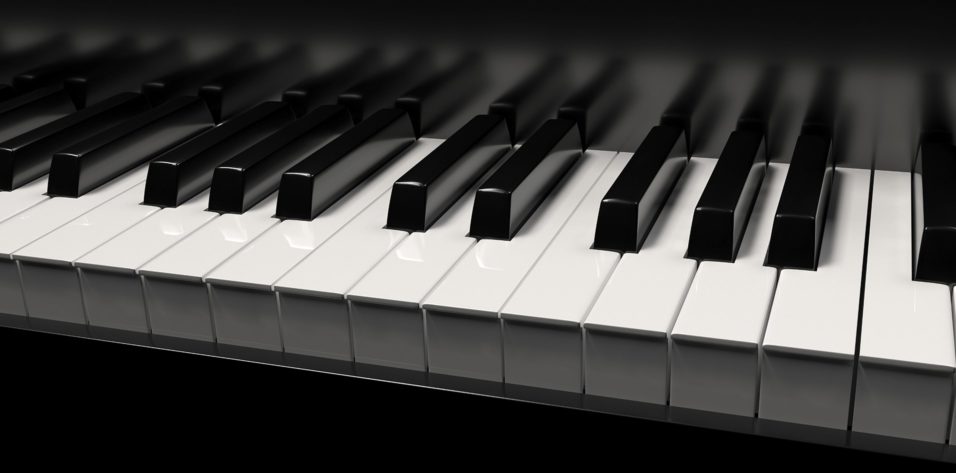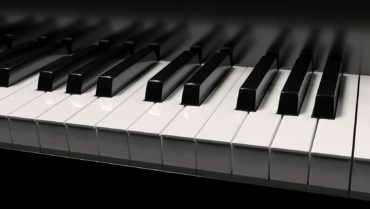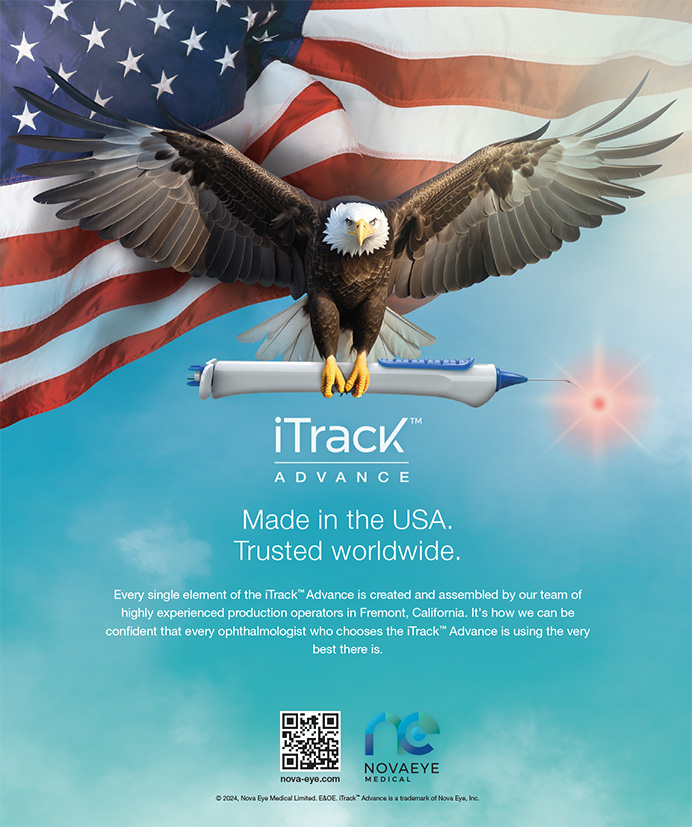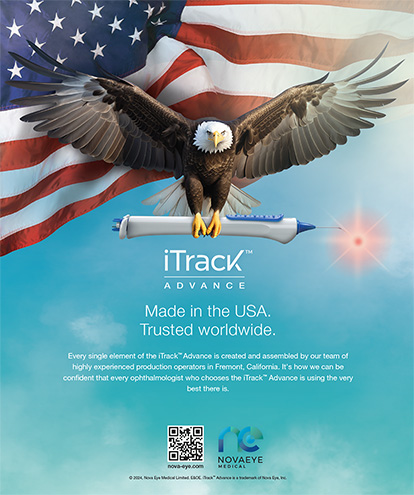
I don’t remember discovering or beginning to like music (Figure 1). It was always around—whether my mother was singing or my grandparents were playing the piano (Figure 2). After going through a few thrift store ukuleles, I began piano lessons at the age of 5 years old.
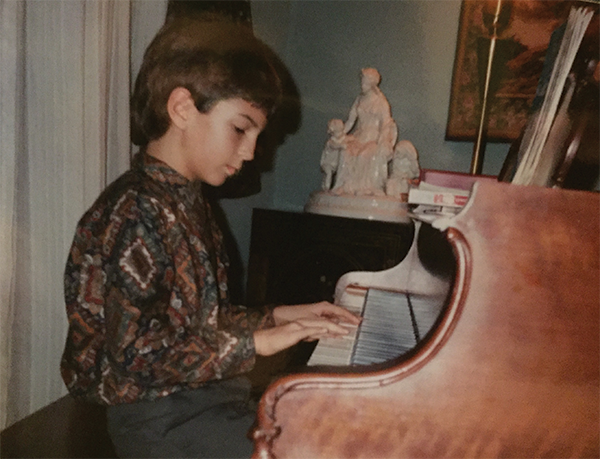
Figure 1. Dr. Walton, aged 9, playing his grandparents’ piano.
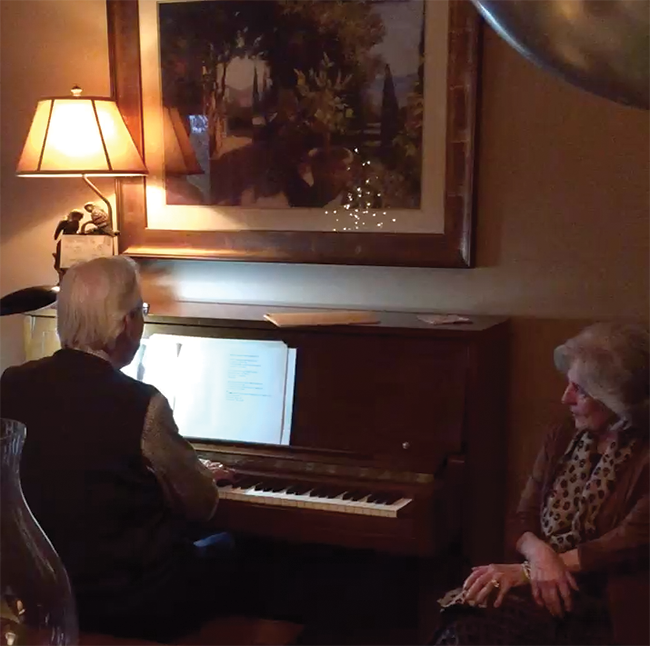
Figure 2. Dr. Walton’s grandparents enjoying music together.
One of my favorite interests is playing music by ear, so I never developed the sight-reading skills I probably should have. Our children—two of whom have started piano lessons themselves—will likely surpass my sight-reading skills at a young age. I’m happy to continue thinking in the language of the Nashville Number System, which is a method of transcribing music by denoting the scale degree on which a chord is built. In essence, it is a relative musical notation that can be changed on the fly to accommodate a singer’s range. The key-changing factor comes in handy right now, as our kids, with their high-pitched voices, are constantly requesting to sing Disney’s Frozen karaoke ad nauseam with a cheap microphone (thanks, COVID).
I began playing guitar in junior high school and have kept up with it over the years. Guitar and piano have, in different seasons of my life, been two of my greatest escapes from stress. I even toyed with the idea of going into the music business briefly until I realized I desired medicine as a profession and music as a hobby.
an eye for good instruments
My love for music also led to an appreciation for well-built instruments. The craftsmanship required of small-shop luthiers is admirable, and, although brand names such as Martin and Gibson are better known, I appreciate the guitars made by Santa Cruz or Collings Guitars. These luthiers custom design every instrument.
In a sense, I view my work as an anterior segment surgeon in a similar light. We have the opportunity to personalize the vision and surgical plan for every patient—crafting optimal treatment for each individual patient.
Building Pianos With Legos and Breaking Rules
Music and ophthalmology also share a common dependence on the evolution of technology and practices, changes that often face pushback in their early stages. Kawai was the first piano company to use a special polymer of acrylonitrile butadiene styrene (ABS) plastic—similar to the plastic that Legos are made with—in the simple moving parts of the actions of their pianos instead of wood (Figure 3). The company realized that ABS plastic was less likely to warp over time than wood, improving stability and elongating the lifespan.
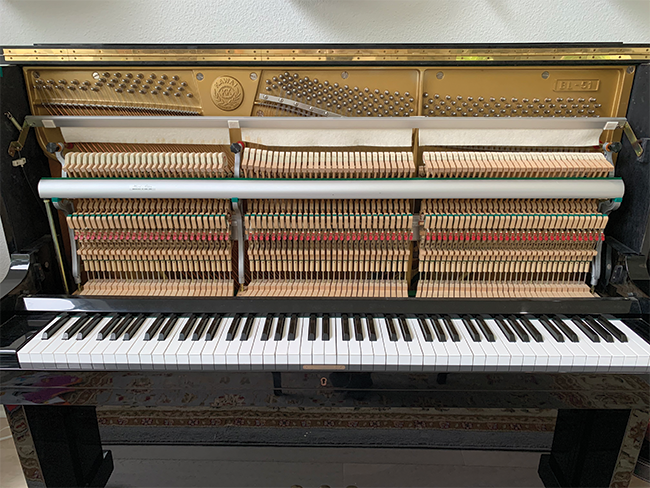
Figure 3. A Kawai BL-51 piano made in 1978 with ABS plastic.
The company faced strong criticism from other manufacturers that claimed Kawai was using cheap materials and deviating from the craftsman way. But Kawai’s decision to use ABS plastic has reaped benefits for many years. The Kawai upright piano my children play is older than I am, and the action is still superb. It seems that Kawai chose which rules to follow and which to break wisely.
We break the rules in ophthalmology, too. For example, Stephen G. Slade, MD, FACS, faced criticism nearly 30 years ago when first promoting LASIK. In making a LASIK flap, he broke the hallmark rule of radial keratotomy—never cross the visual axis. As we all know, LASIK is one of the most successful procedures in all of medicine.
Right now, ophthalmology is experiencing big strides in IOL advances such as trifocal IOLs, adjustable lenses, and advanced technologies for placing IOLs. It is inevitable that rules will continue to be broken by necessity to facilitate advancement of the specialty.
Conclusion
As the stress of the COVID-19 pandemic continues, I too will continue to turn to music for reprieve. A silver lining in the pandemic may be that many of us have had the chance and time to explore and enjoy the interests in our lives away from the office, which ultimately benefit our health. I plan to continue playing and listening to good music with my family.

